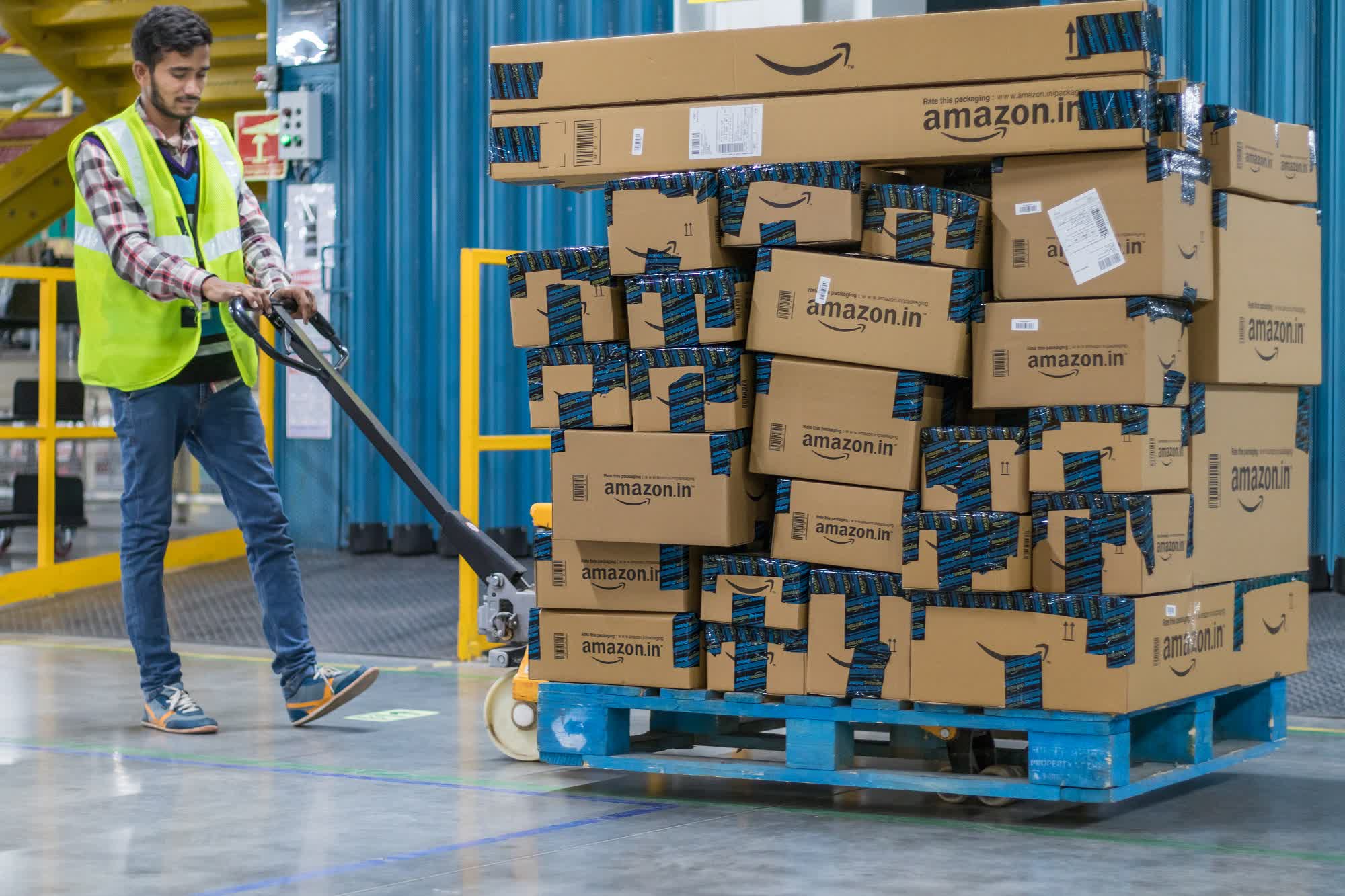A hot potato: Companies worldwide spend uncountable hours and dollars to design, develop, produce, and market their product lines. A key factor for success is finding a fair, reliable marketplace to reach customers and make those products available. Unfortunately, a recent investigation has revealed that Amazon India may not be the fair marketplace retailers hoped.

Reuters Investigates team poured through thousands of internal Amazon India documents and uncovered a plan designed to identify successful "reference" and "benchmark" products from other retailers, then leverage proprietary data to create its own in-house offerings. The project also identified and established relationships with the manufacturers of those goods to ensure parity with the original items while controlling production costs.
Other parts of the plan encouraged the manipulation of Amazon India's website algorithms and data to ensure its products would appear in search results more frequently. A 2016 strategy report showed that the India private-brands team rigged the system so that the first two to three search results would return in-house products.
According to Nate Sutton, associate general counsel during Amazon's 2019 congressional hearing, Amazon's search algorithms are "...optimized to predict what customers want to buy regardless of the seller." However, the documents that Reuters exposed directly contradict this statement showing Amazon India's manipulation of results for its own benefit.

Former employees have accused the company of using two specific manipulation techniques, search seeding and search sparkles, to enhance Amazon's product availability. Seeding alters search ranks by ensuring the seeded product appears within the first few results. Sparkles appear directly above search results as banners, which may not actually be part of the query.
Amazon has faced accusations of leveraging internal customer and partner data to create and market its own products on more than one occasion. In 2013, Amazon came under fire for creating copycat services based on existing AWS customers' products. Then last year, a Wall Street Journal article again reported the company's propensity to use third-party data to enhance its product offerings. In the report, former Amazon employees detailed how Amazon used seller information to determine product pricing, earning potential, and whether or not to enter specific product segments.
https://www.techspot.com/news/91787-amazon-india-brand-team-steals-designs-artificially-boosts.html